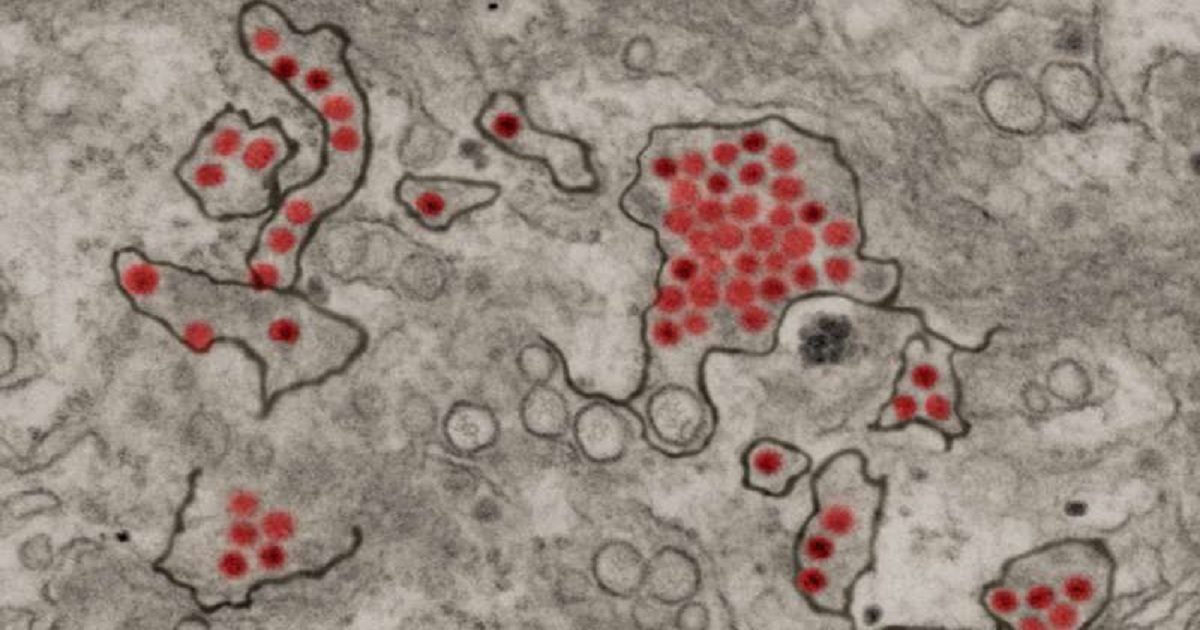Rheumatoid arthritis drug diminishes Zika birth defects in mice
medicalxpress | May 06, 2019

In experiments with pregnant mice infected with the Zika virus, Johns Hopkins Medicine researchers report they have successfully used a long-standing immunosuppressive drug to diminish the rate of fetal deaths and birth defects in the mice's offspring. The U.S. Food and Drug Administration-approved medicine, anakinra, once commonly used to treat rheumatoid arthritis and other autoimmune diseases in newborns and adults, has largely been replaced by more effective drugs. However, in the Zika-infected mouse experiments, the drug appears to interfere with inflammation in the pregnant animals' placentas, the researchers say. There also is evidence the drug directly reduces inflammation in fetal brains. A report on the findings was published in the April issue of the Journal of Clinical Investigation Insights.